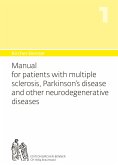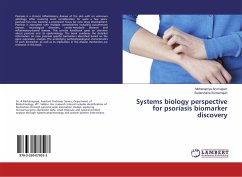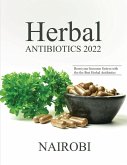The "growth promoting effect" of antibiotics was discovered over seventy years ago, and was utilized for enhancing meat production through mixing antibiotics to animal fodder. This effect had been observed in humans as well. Considerable scientific evidence has proved that antibiotics are capable of producing modifications of the intestinal microbiome (dysbiosis) and hence it can trigger inflammatory molecular cascades leading to different diseases.Hypothesis was developed that if different classes of antibiotics induce different alterations in the microbiome (dysbiosis), it might be associated with the occurrence of different metabolic (obesity, diabetes), neurodegenerative (Parkinson's disease, Alzheimer's disease, multiple sclerosis, etc.) and with certain malignant diseases, among others.This novel observation provides unified explanation for the pandemic-like appearance of the above diseases as different classes of antibiotics inducing different dysbiosis, which enhance or inhibit the development of those ailments through different mediator molecules via the gut-brain axis and other mechanisms.
Hinweis: Dieser Artikel kann nur an eine deutsche Lieferadresse ausgeliefert werden.
Hinweis: Dieser Artikel kann nur an eine deutsche Lieferadresse ausgeliefert werden.








